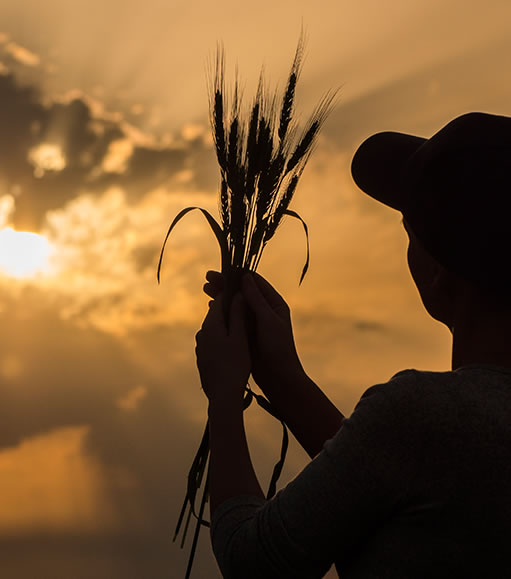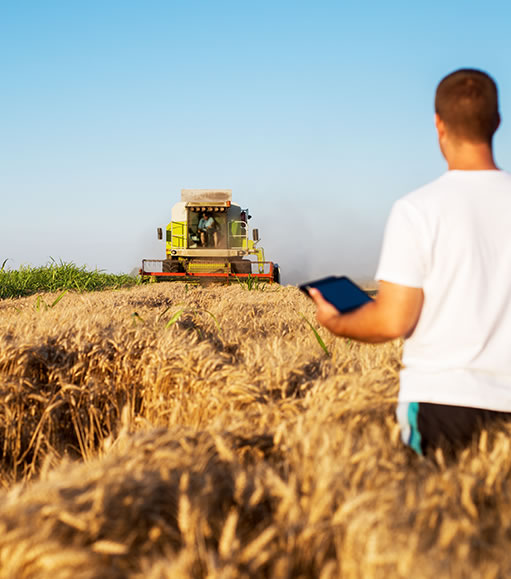What is the COP?
The Conference of the Parties (COP) is the supreme decision-making body of the United Nations Framework Convention on Climate Change (UNFCCC), which has 197 States Parties.
As well as annual meetings of the COP, global conferences are held in which technical experts, ministers, heads of state, and representatives of non-governmental organizations take part. The decisions adopted at these meetings, aimed at achieving the objectives of the fight against climate change, can only be taken unanimously by the Parties.
The first COP meeting was held in Berlin, Germany in March 1995; the twenty-seventh will be held this year in Sharm el-Sheikh, Egypt, from 6-18 November.
Just as the COP Presidency rotates among the five recognized regions of the United Nations (UN) – that is, Africa, Asia, Latin America and the Caribbean, Central and Eastern Europe, and Western Europe and Others – the venue of the COP also shifts among these regional groupings.
The last LAC country to hold the presidency was Chile, which chaired the COP 25 even though it took place in Spain. Peru, Mexico, Canada, and Argentina are the other countries in the Americas where meetings have been held.


The United Nations Framework Convention on Climate Change (UNFCCC)
The United Nations Framework Convention on Climate Change (UNFCCC) is an international treaty that provides a general framework designed to help countries tackle the challenges posed by climate change.
It has near-universal membership. The 197 countries that have ratified it are called Parties to the Convention
The UNFCCC entered into force in March 1994, with the aim of stabilizing greenhouse gas concentrations at a level that would prevent dangerous anthropogenic (human-induced) interference with the climate system.
The Convention states that “such a level should be achieved within a time-frame sufficient to allow ecosystems to adapt naturally to climate change, to ensure that food production is not threatened, and to enable economic development to proceed in a sustainable manner.”
The Paris Agreement, adopted at the COP held in 2015, is the main treaty within the framework of the UNFCCC. It calls for action by all the countries to prevent the increase in the average global temperature from exceeding 2ºC compared to pre-industrial levels, and the promotion of additional efforts that will keep the rise in global temperature below 1.5ºC.
The role and importance of agriculture in climate action
Agriculture and food and nutrition security are key to responding to climate change, in the areas of both adaptation and mitigation (reduction in, and increased absorption of, greenhouse gas emissions).
Agriculture and rural life have a complex, two-way relationship with climate change. Whilst agriculture is an especially important part of the solution to this global challenge, it also contributes, together with soil use and forestry activities, to about 24% of greenhouse gas emissions.
Climate change impacts agricultural production and productivity, as well as natural resources such as soil, water and biodiversity that are key to sectoral development. It also affects pest and disease patterns, which have knock-on effects on the incomes, livelihoods, health, and other aspects of the lives of actors in rural territories.
The importance of the sector, not only for food and nutrition security, but also given the leading role it plays in the sustainable development of countries, has led a number of stakeholders to express more interest in addressing the issue of agriculture in greater depth in the climate change negotiations.
Agriculture has the potential to reduce its vulnerability to climate risks, whilst further helping to reduce greenhouse gas emissions. Good agricultural practices, including conservation agriculture, minimum tillage, agrosilvopastoral systems, water management, and improvements in soil health, provide numerous benefits.
Following the COP held in Fiji in 2017, where the “Koronivia joint work on agriculture” decision was adopted, the unique potential of agriculture to deal with climate change began to be officially recognized and a new process was established aimed at deepening the debate on agriculture within the UNFCCC.
Through the work involved, the countries are collaborating to ensure that agricultural development leads to increased food security in a context of climate change and emissions reduction. The issues being addressed include soils, nutrient use, water, livestock, methods for assessing adaptation, and the socioeconomic and food security dimensions of climate change in the agricultural sector.
